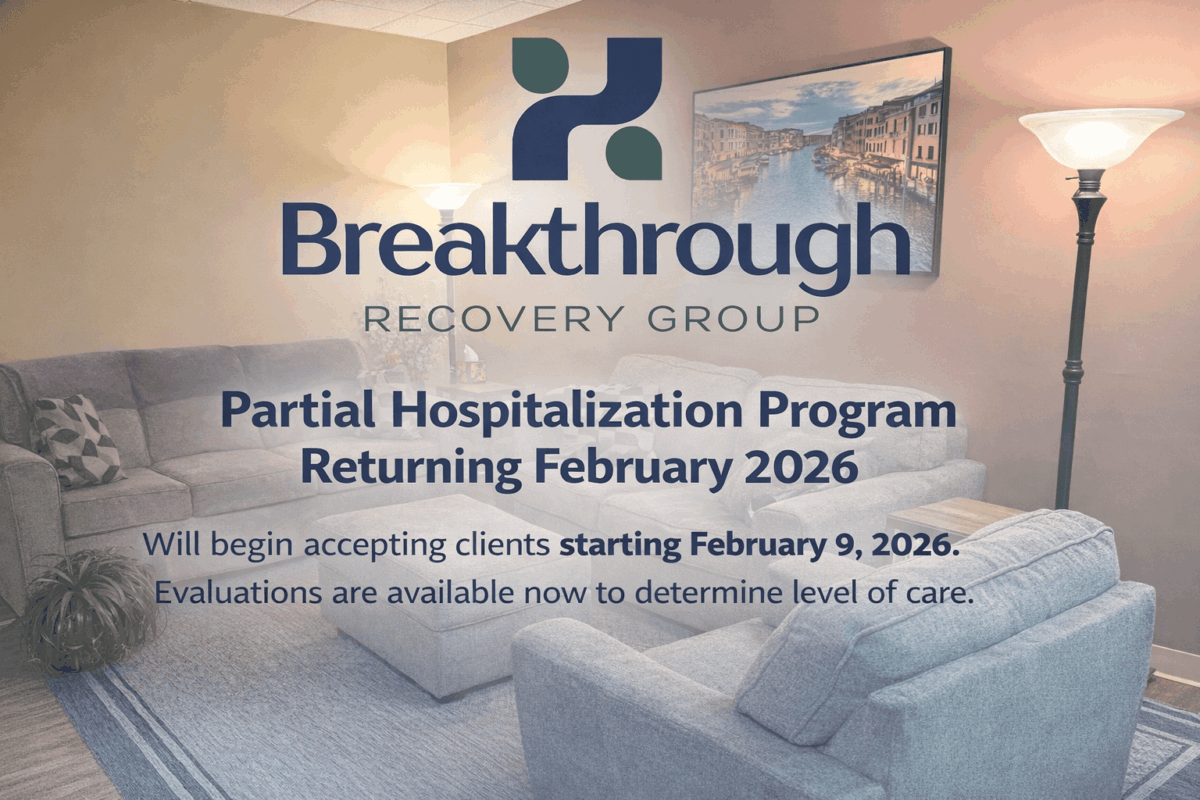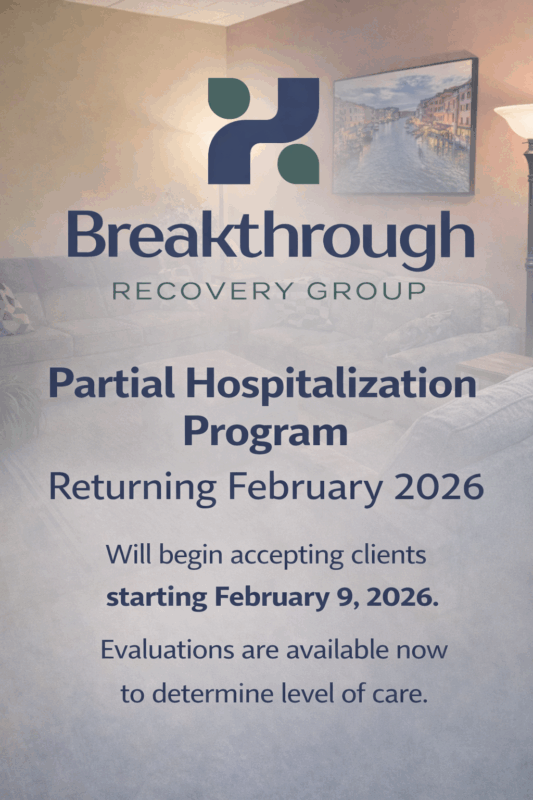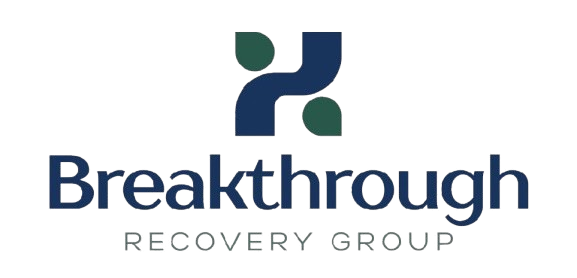Watching someone you love struggle with addiction is one of the hardest challenges you’ll face. You may feel helpless, unsure of how to guide them toward recovery or what to say to make things better. But the truth is, you’re not alone—and neither is your loved one. Professional support, like the programs offered by a Spokane Addiction Recovery Center, can make a world of difference. Through evidence-based approaches and compassionate care, these programs provide the structure and tools needed to help your loved one find their way back to a healthier, sober life.
Here’s an in-depth look at Partial Hospitalization Programs (PHP), Intensive Outpatient Programs (IOP), and outpatient care, along with therapeutic methods like Cognitive Behavioral Therapy (CBT) and Dialectical Behavior Therapy (DBT). These programs are tailored to meet your loved one’s needs and can help them take meaningful steps toward recovery.
Programs That Can Help Your Loved One
When it comes to addiction treatment, there’s no “one-size-fits-all” solution. Recovery looks different for everyone, as each person’s journey is shaped by their unique experiences, challenges, and needs. That’s why having access to a range of programs, from inpatient care to outpatient support and counseling, is so important. A tailored approach ensures that your loved one receives the right level of care and support for their specific situation, helping them build a strong foundation for lasting recovery.
At a Spokane Addiction Recovery Center like Breakthrough Recovery, these three main programs provide a structured path toward sobriety:
1. Partial Hospitalization Program (PHP)
If your loved one needs intensive support but doesn’t require 24/7 inpatient care, a Partial Hospitalization Program (PHP) could be the right choice. PHP offers a high level of structure while allowing your loved one to return home each evening.
Here’s how PHP could help your loved one:
- Daily Support and Therapy: Patients attend therapy sessions, group counseling, and educational workshops for several hours a day, typically five to seven days per week.
- Focus on Co-Occurring Issues: PHP addresses not only addiction but also any underlying mental health challenges, such as depression or anxiety, that may be contributing to substance use.
- Life Skills Training: This program equips individuals with tools to manage stress, handle triggers, and rebuild their lives.
PHP is often an ideal step for individuals transitioning out of residential treatment or those who need significant daily support to stabilize their recovery journey.
2. Intensive Outpatient Program (IOP)
For individuals who need structured care but also want the flexibility to maintain work, school, or family responsibilities, an Intensive Outpatient Program (IOP) can be a lifesaver.
Here’s what IOP offers your loved one:
- Flexible Schedule: IOP programs typically involve three to five sessions a week, with each session lasting a few hours. This allows patients to balance treatment with their daily lives.
- Therapeutic Focus: IOP combines individual counseling, group therapy, and skill-building workshops to help patients address their addiction triggers and develop healthy coping mechanisms.
- Accountability: Regular check-ins and therapy sessions help patients stay on track while building a sober routine.
IOP is perfect for individuals who need substantial support but are ready to reintegrate into their day-to-day responsibilities.
3. Outpatient Services
If your loved one has completed PHP or IOP, or if they’re dealing with a less severe addiction, outpatient services might be the right option. These programs provide continued support with fewer time commitments, making them a flexible way to maintain sobriety.
Here’s what outpatient care includes:
- Individual Counseling: One-on-one sessions allow patients to explore personal challenges, work on relapse prevention, and focus on long-term goals.
- Support Groups: Patients can connect with others in recovery, creating a sense of community and shared accountability.
- Skill Development: Outpatient services often include workshops on communication, emotional regulation, and other life skills to support lasting recovery.
While less intensive, outpatient care ensures your loved one has the support they need to stay committed to their sobriety.
Therapies That Help Your Loved One Heal
Along with structured programs, effective addiction treatment relies on evidence-based therapies that address the root causes of substance use. At a Spokane Addiction Recovery Center, Cognitive Behavioral Therapy (CBT) and Dialectical Behavior Therapy (DBT) are foundational tools used to support recovery.
Cognitive Behavioral Therapy (CBT)
CBT is one of the most effective therapies for treating addiction. It’s designed to help individuals understand how their thoughts, feelings, and behaviors are interconnected—and how they can change negative patterns that fuel addiction.
Here’s how CBT can help your loved one:
- Identifying Triggers: Patients learn to recognize the thoughts and situations that lead to substance use.
- Challenging Negative Thinking: CBT teaches individuals how to reframe harmful or self-defeating thoughts into more constructive ones.
- Developing Coping Skills: From stress management to problem-solving, CBT equips patients with practical tools to handle life’s challenges without turning to drugs or alcohol.
By focusing on the here-and-now, CBT helps your loved one take control of their recovery journey, one step at a time.
Dialectical Behavior Therapy (DBT)
For individuals who struggle with intense emotions or difficulty managing stress, Dialectical Behavior Therapy (DBT) can be a game-changer. Originally developed to treat borderline personality disorder, DBT has proven highly effective in addiction recovery.
Here’s how DBT can support your loved one:
- Emotional Regulation: DBT helps patients understand and manage overwhelming emotions that may have contributed to their addiction.
- Mindfulness: Through mindfulness practices, individuals learn to stay present in the moment and avoid impulsive behaviors.
- Distress Tolerance: DBT provides strategies for managing crisis situations without resorting to substance use.
- Interpersonal Skills: Patients learn how to set boundaries, communicate effectively, and build healthier relationships.
DBT is particularly helpful for individuals with co-occurring mental health conditions or those who struggle with managing emotions in high-stress situations.
How You Can Support Your Loved One
Your role in your loved one’s recovery is invaluable. While professional treatment programs like PHP (Partial Hospitalization Program), IOP (Intensive Outpatient Program), and outpatient care at a Spokane Addiction Recovery Center provides the structure, tools, and professional guidance they need, your encouragement and understanding can make all the difference. Recovery is a team effort, and by actively supporting your loved one, you can help them build a strong foundation for lasting change.
Here are some ways to support your loved one through their recovery journey:
1. Educate Yourself About Their Treatment
Understanding the ins and outs of treatment programs like PHP, IOP, and therapies such as CBT (Cognitive Behavioral Therapy) and DBT (Dialectical Behavioral Therapy) can give you valuable insight into the recovery process. This knowledge allows you to empathize with their struggles, offer meaningful support, and communicate more effectively. It also helps you set realistic expectations and be better equipped to navigate challenges together.
2. Encourage Participation in Their Program
Recovery can be a long and emotionally taxing journey, and there may be times when your loved one feels discouraged or unmotivated. Your gentle reminders about the importance of attending therapy sessions, completing program requirements, and staying committed to their recovery goals can help them stay on track. Celebrate small milestones and remind them of how far they’ve come—it can provide the boost they need to keep moving forward.
3. Create a Supportive Home Environment
A safe and nurturing home environment can play a big role in their recovery. Start by removing any temptations such as alcohol, drugs, or triggers that could jeopardize their progress. Encourage healthier habits like regular exercise, balanced nutrition, and stress management techniques like meditation or journaling. By modeling these habits yourself, you can inspire and motivate your loved one to adopt a healthier lifestyle.
4. Set Healthy Boundaries
While it’s important to be there for your loved one, it’s equally crucial to protect your own mental and emotional well-being. Establish clear boundaries about what kind of support you can provide and communicate these boundaries openly and compassionately. Healthy boundaries help prevent resentment and burnout, allowing you to maintain a supportive relationship while ensuring you have the space to take care of yourself.
5. Participate in Family Therapy
A Spokane Addiction Recovery Center offers family therapy sessions designed to strengthen relationships, rebuild trust, and improve communication. Participating in these sessions not only shows your commitment to your loved one’s recovery but also provides a safe space to address any unresolved conflicts or concerns. A strong family support system can help create a stable and positive environment for ongoing recovery.
Remember, recovery is a journey, not a destination, and both you and your loved one will experience ups and downs along the way. By educating yourself, offering encouragement, and maintaining a supportive yet balanced approach, you can play a vital role in helping them achieve lasting wellness. Your love, patience, and understanding could be the guiding light they need as they navigate this challenging but rewarding path.

Why Choose Spokane Addiction Recovery Center?
At Breakthrough Recovery, a Spokane Addiction Recovery Center, we recognize that addiction impacts not just the individual but also their family, friends, and loved ones. That’s why our programs are thoughtfully designed to provide support to both patients and their families, helping to rebuild trust and create a foundation for lasting recovery.
Here’s what sets us apart:
- Comprehensive Care: We offer a full range of services, including Partial Hospitalization Programs (PHP), Intensive Outpatient Programs (IOP), and outpatient services. Each program is tailored to meet the unique needs of every individual, ensuring they receive the right level of care at the right time.
- Evidence-Based Therapies: Our treatment approach incorporates proven methods like Cognitive Behavioral Therapy (CBT) and Dialectical Behavioral Therapy (DBT), along with other science-backed interventions. This ensures that every patient receives the highest standard of care to address the root causes of addiction.
- Family Involvement: We believe family plays a critical role in the recovery process. By engaging loved ones in therapy and educational sessions, we help create a supportive environment that fosters understanding, healing, and long-term recovery for the entire family.
- Flexible Scheduling: We understand that life doesn’t pause for treatment. That’s why we offer flexible options that fit into the schedules of our patients and their families, making the journey to recovery more accessible and manageable.
At Breakthrough Recovery, we are committed to guiding individuals and families every step of the way, providing the tools and support needed to reclaim their lives and build a healthier future.
FAQs About Helping a Loved One
Q: How do I encourage my loved one to seek help?
A: Approach the conversation with empathy and concern. Express your support and suggest professional programs like PHP or IOP as a way to help them take control of their life.
Q: What’s the difference between CBT and DBT?
A: CBT focuses on changing negative thought patterns that lead to destructive behaviors, while DBT helps individuals manage intense emotions, improve mindfulness, and develop better relationships. Both are highly effective in addiction recovery.
Q: How long do treatment programs last?
A: The duration depends on the individual’s progress. PHP typically lasts 4–6 weeks, IOP can continue for several months, and outpatient care provides ongoing support as needed.
A Final Word
Helping your loved one overcome addiction is no small task, but with the right support and resources, recovery is absolutely possible. It’s a challenging journey that requires patience, understanding, and professional care tailored to their unique needs. Programs like Partial Hospitalization (PHP), Intensive Outpatient (IOP), and outpatient care offer flexible yet structured treatment options, allowing individuals to get the help they need while maintaining some independence. These programs, combined with evidence-based therapies like Cognitive Behavioral Therapy (CBT) and Dialectical Behavior Therapy (DBT), provide the tools to address underlying issues, manage triggers, and rebuild their life step by step.
At Breakthrough Recovery, a trusted Spokane addiction recovery center, we understand the emotional toll addiction takes on families. Our compassionate team is dedicated to supporting both you and your loved one throughout their recovery. We create personalized treatment plans that foster healing, hope, and a brighter future. Recovery is a team effort, and we’re here to guide you every step of the way. If you’re ready to explore how our Spokane addiction recovery center can help your family find strength and healing, don’t hesitate to reach out today—we’re here to help. Visit our website https://btrgspokane.com/ or call us at (509) 927-6838.







